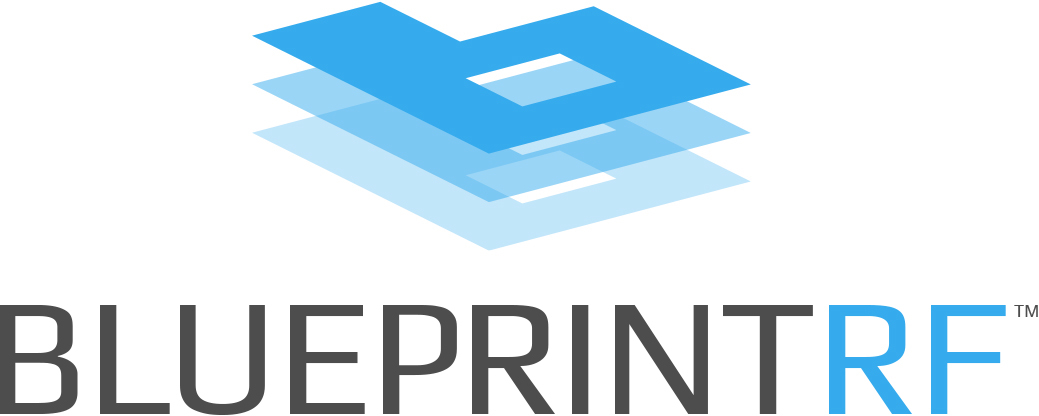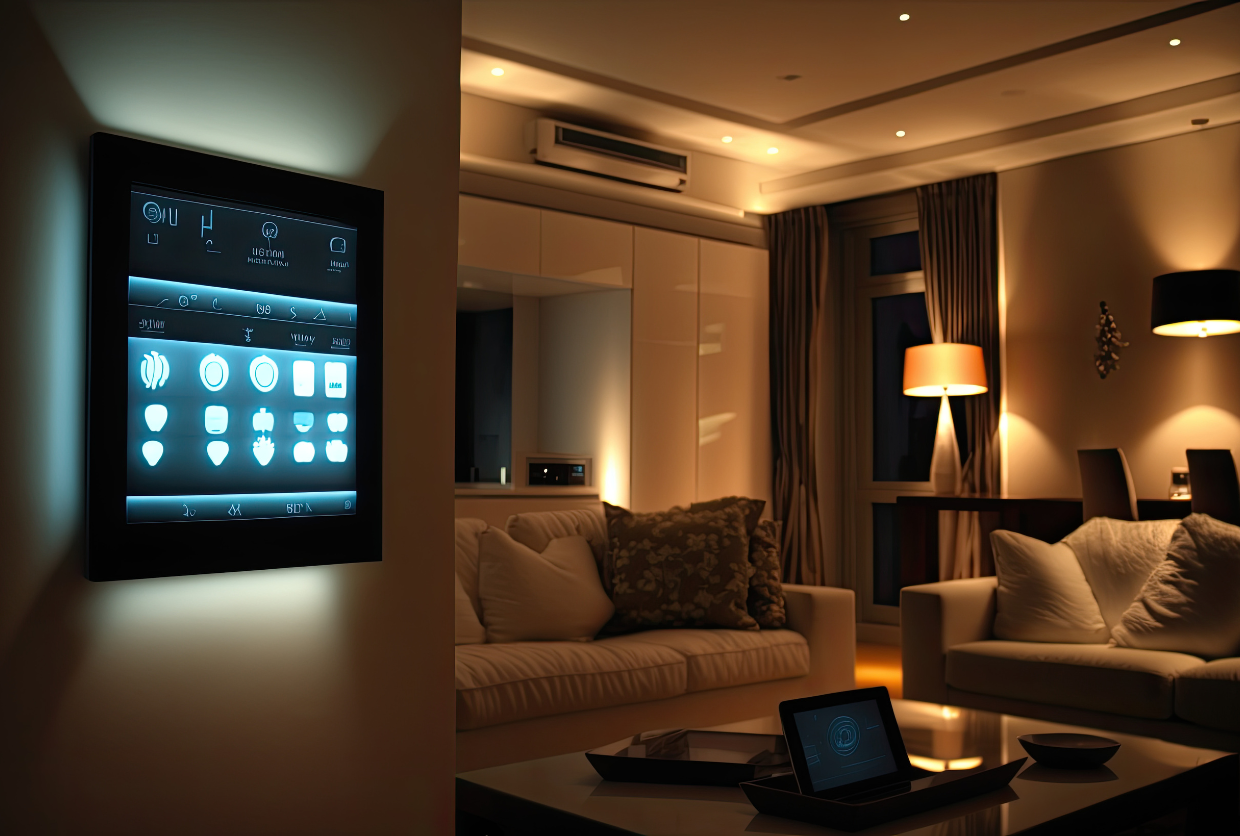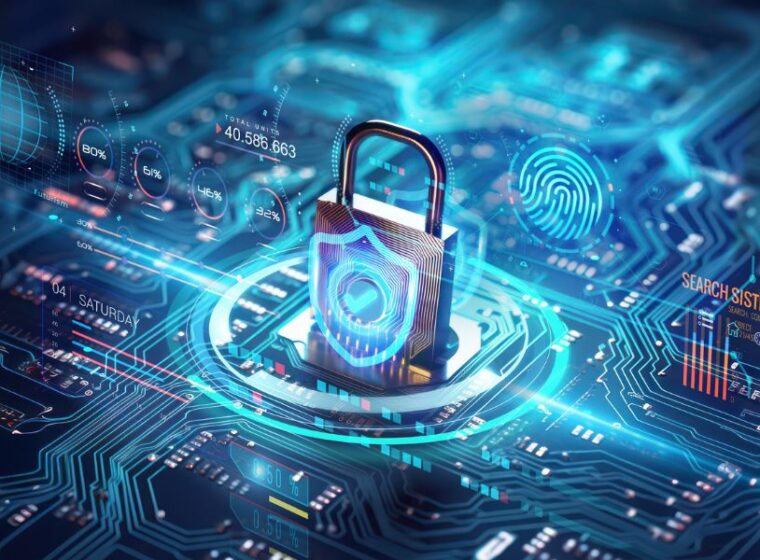As hospitality continues to evolve and adapt to changing guest expectations, savvy hoteliers are always on the lookout for innovative ways to improve their operations while enhancing guests’ stays.
One promising solution that has gained traction in recent years is hotel automation, which leverages the latest technological advancements to streamline various aspects of the hospitality workflow. From contactless check-in/check-out systems to in-room smart technology, hotel automation has the potential to revolutionize the guest experience while boosting operational efficiency and reducing costs.
What is Hotel Automation?
Hotel automation refers to the use of digital systems and technology to automate manual and time-consuming tasks and procedures which were previously carried out by hotel employees. It aims to reduce human-driven processes while increasing the overall efficiency and reliability of hotel operations. Hotel automation often centers on relieving manual or repetitive tasks and adding machine-level reliability to various operations.
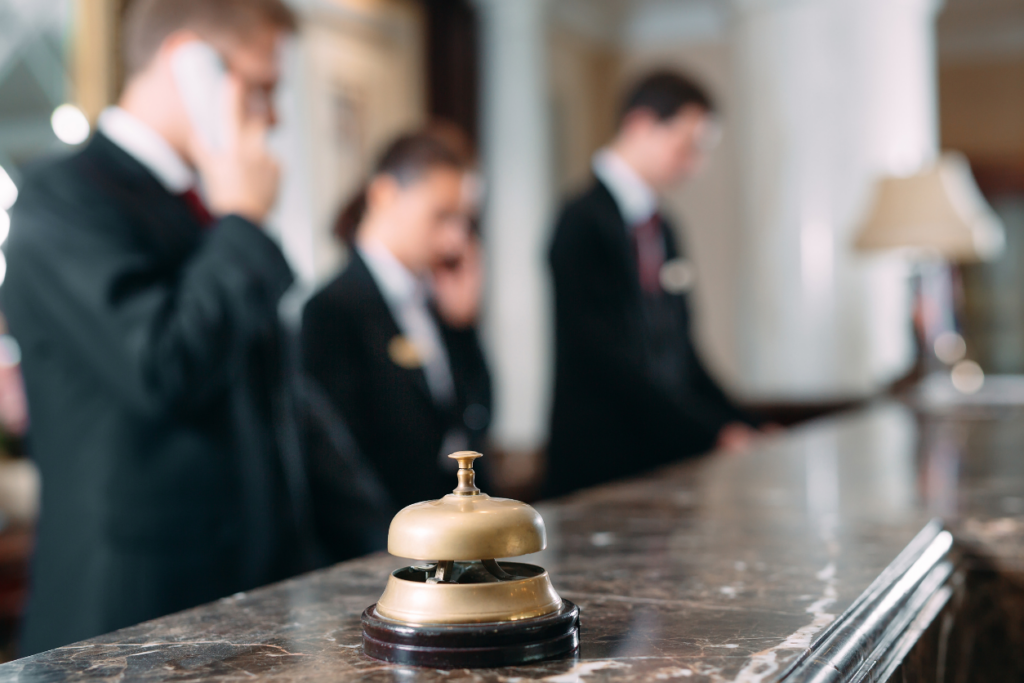
What are the Benefits of Hotel Automation?
Hotel automation can be immensely beneficial, improving both guest satisfaction and internal operations in multiple ways. By automating tasks that are otherwise manual and resource-intensive, hotels can provide a more frictionless experience for guests, minimizing wait times and improving the efficiency of day-to-day operations.
Automation can also focus on the integration of smart hotel technologies to support in-room features, such as smart room controls for lighting, temperature, and entertainment systems. It can also streamline guest access by generating mobile keys for guests, allowing them to bypass the front desk and go straight to their rooms.
Automation can help hotels remain both competitive and efficient in the ever-evolving hospitality landscape. By streamlining hotel functions and optimizing aspects of the guest experience, these tools and technologies aim to increase efficiency, reduce costs, and enhance the guest experience in hotels.
Examples of Automation in the Hotel Industry
Today, hotel automation encompasses a wide variety of technologies, with new advancements coming out every year. Some automation solutions focus on lowering costs and prioritizing sustainability, while others aim to meet guest preferences and demands. Among the most impactful and relevant examples of automation in the hotel industry include:
Contactless Check-in and Check-out
Hotel automation plays a vital role in supporting contactless check-in and check-out, or guest access management. A solution propelled by the COVID-19 pandemic, contactless solutions have become mainstream in the hospitality industry, as they harness internal efficiencies while accommodating the preferences of guests as they arrive and depart from their stay.
Contactless check-in and check-out can be facilitated through automation technologies like mobile apps, self-service kiosks, and digital room keys. By leveraging these technologies, guests can complete the check-in process without interacting with hotel staff, thereby reducing the need for physical interaction. Similarly, contactless check-out allows guests to settle their bills, receive their receipts, and check out of their rooms without any face-to-face exchange required.
The most common of these guest access management systems are keyless room entry systems via mobile apps. These automated hotel check-in solutions allow guests to use their smartphones as digital keys to unlock their rooms, access hotel facilities, and control in-room amenities like lighting, temperature, and entertainment. Not only does this eliminate the need for physical key cards – which can be lost, stolen, or contaminated – but it provides a seamless and personalized experience.
Smart Lighting in Guest Rooms
Hotel automation technologies like smart lighting provide numerous benefits for hotels and guests. They enable hotels to reduce energy costs, provide personalized comfort control for guests, and improve their overall sustainability efforts.
There are several technologies used in smart lighting systems in hotels. One of the most common is occupancy sensors, which detect movement in the room and adjust the lighting accordingly. This means that lights will turn off automatically when guests leave the room, thereby saving on energy consumption and lowering expenditure on unnecessary energy drain.
Another technology used in smart lighting systems is daylight harvesting. This involves sensors that measure the natural light levels in the room and adjust the artificial lighting to maintain a consistent level of brightness. Daylight harvesting systems can help to ensure that guests’ rooms are dialed for comfort and have the proper amount of light for their needs.
Hotel smart lighting systems can also make use of centralized energy management software that allows staff to control and monitor lighting throughout the premises. These software platforms enable staff to easily adjust lighting settings in real-time to suit the needs of guests and events or disable lighting in areas that are unoccupied.
Energy-efficient lighting environments have become a top priority for hoteliers, especially in larger facilities where these investments can pay major dividends long term. Combined with other IoT solutions for hotels, hospitality providers can push the envelope in modernizing their hotels.
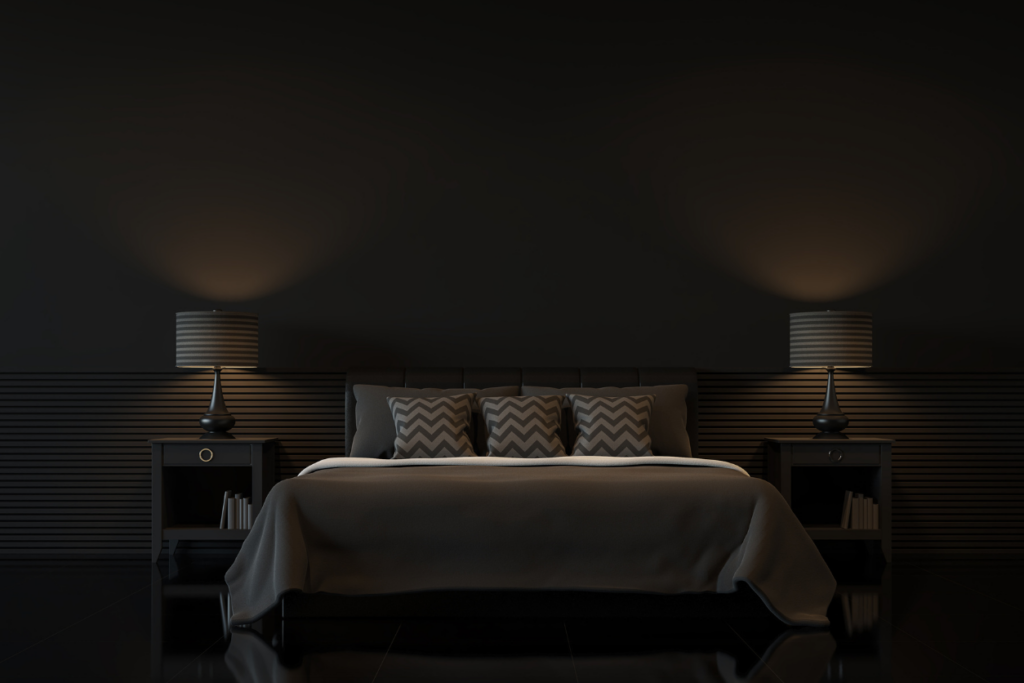
Price Fluctuation Based on Supply/Demand
Hotel automation can play a crucial role in supporting dynamic price fluctuation for booking rooms based on supply and demand. When driven by automation, dynamic pricing refers to the continual adjustment of room prices based on algorithms that take into account market fluctuations in real time. This pricing strategy involves adjusting room rates based on seasonality, occupancy levels, current bookings, and overall demand trends.
Leading this form of automation is revenue management automation technologies, which can monitor market fluctuations and tweak room rates to effectively maximize revenue. For example, if a hotel is experiencing high demand during a particular period, the system can automatically increase room rates to reflect the heightened demand. Conversely, if the demand for rooms is low or supply availability is high, the system can lower rates to attract more bookings and ensure that the hotel stays competitive.
These hotel automation systems can also integrate with third-party booking platforms – like Priceline, Expedia, Booking.com, and Travelocity – allowing hoteliers to adjust rates across multiple channels in real time. Not only do these technologies ensure that rates remain consistent and up-to-date across all booking channels, but they also help eliminate the risk of overbooking or underbooking.
Online Guest Communication via Chatbots
Communication systems can also serve a critical role in creating highly-efficient automated hotels. Online guest communication platforms that use artificial intelligence (AI) chatbots are powerful tools that communicate with guests through messaging platforms or the hotel website. They are designed to provide quick and accurate responses to guest queries and improve guest engagement.
Hotels can implement chatbots to handle a variety of guest inquiries, including room reservations, room service requests, check-in and check-out inquiries, and more. Chatbots can provide guests with immediate and personalized responses, 24/7 availability, and lower wait times.
Deploying chatbot systems utilize various automation technologies, such as natural language processing (NLP), machine learning, and predictive analytics. NLP enables chatbots to understand and interpret guest requests and respond in a conversational manner, while machine learning and predictive analytics enable chatbots to improve their responses over time and learn from guest interactions. Some systems have been designed with these technologies already integrated, giving hotels turn-key access and easy installation into existing systems.
Establishing the Infrastructure for Hotel Automation Upgrades
The benchmark requirement for these and many other hotel automation upgrades is having a reliable network infrastructure. Automated hotel systems and smart technologies can be bandwidth-consuming investments. Without an adequately performing network and WiFi coverage, the efficacy of such upgrades can be marginalized.
This is where Blueprint RF comes into play. Beyond supporting the best in hotel guest experience with high-speed Internet coverage and support, Blueprint RF can ensure your hotel’s network is prepared to handle costly investments in automation solutions like smart lighting, new software integrations, contactless guest access, and communication platforms. To learn more, contact Blueprint RF.
Hotel Automation Workflow Solutions & Examples Infographic (Free Download)


